Eurasian ice sheet collapse raised seas eight metres: study
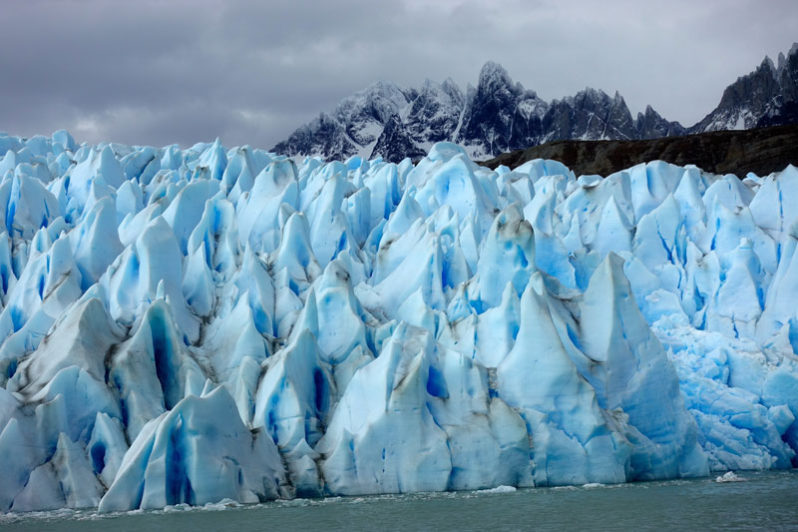
Ice sheets melting or breaking away as global temperatures rise are subject to what climate scientists term temperature “tipping points”. Many researchers fear that the ice sheets in Greenland and West Antarctica will continue to melt even if warming is slowed as carbon emissions are cut.
US to have major floods on daily basis unless sea-level rise is curbed – study

Flooding events that now occur in America once in a lifetime could become a daily occurrence along the vast majority of the US coastline if sea level rise is not curbed, according to a new study that warns the advancing tides will “radically redefine the coastline of the 21st century”.
Scientists confirm dramatic melting of Greenland ice sheet
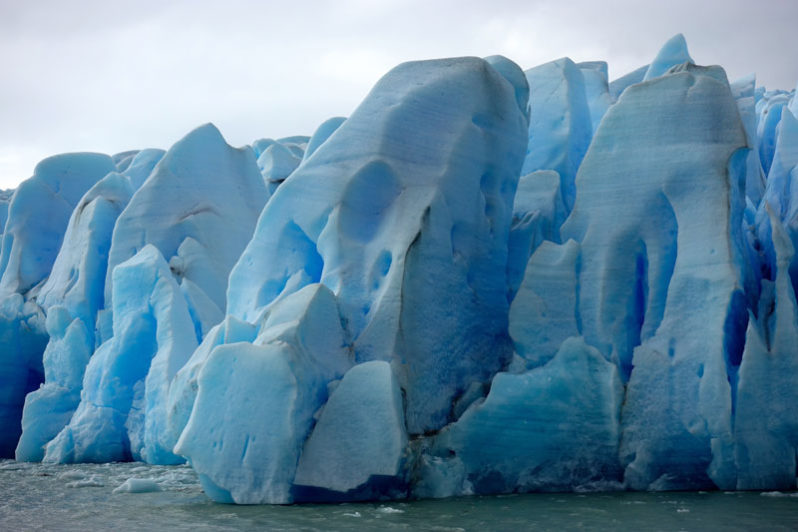
There was a dramatic melting of Greenland’s ice sheet in the summer of 2019, researchers have confirmed, in a study that reveals the loss was largely due to a persistent zone of high pressure over the region.
Estuaries are warming at twice the rate of oceans and atmosphere
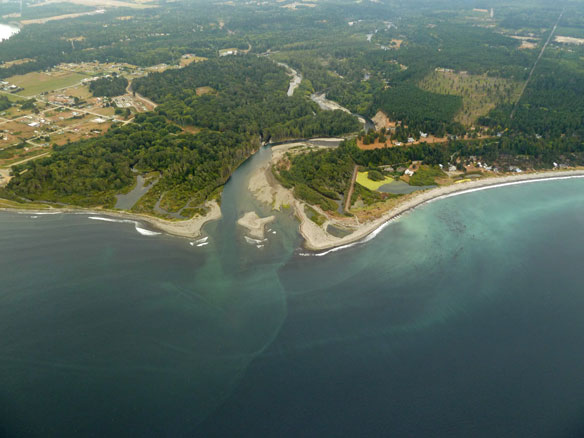
New research shows that estuaries are particularly vulnerable to a warming environment. This is a concern not only for the marine and bird life that rely on them but the millions of people who depend on rivers, lakes and lagoons for their livelihoods around the world.
Exploring the link between education and climate change
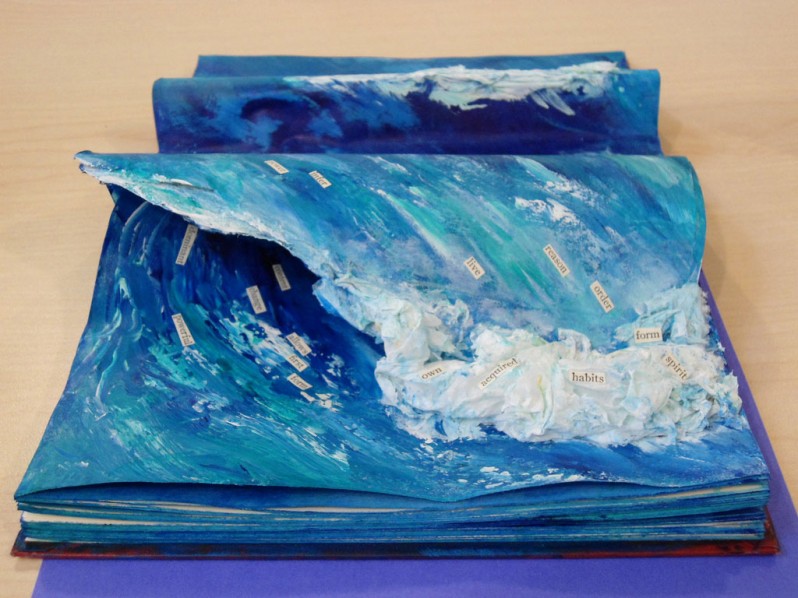
The importance of pursuing sustainable development poses a challenge to scientists in terms of determining the most effective ways to achieve desired outcomes across health, education, poverty, energy, the environment. A recent study brings together several different connections between particularly education and climate change and evaluates them together.
Offshore oil and gas platforms release more methane than previously estimated
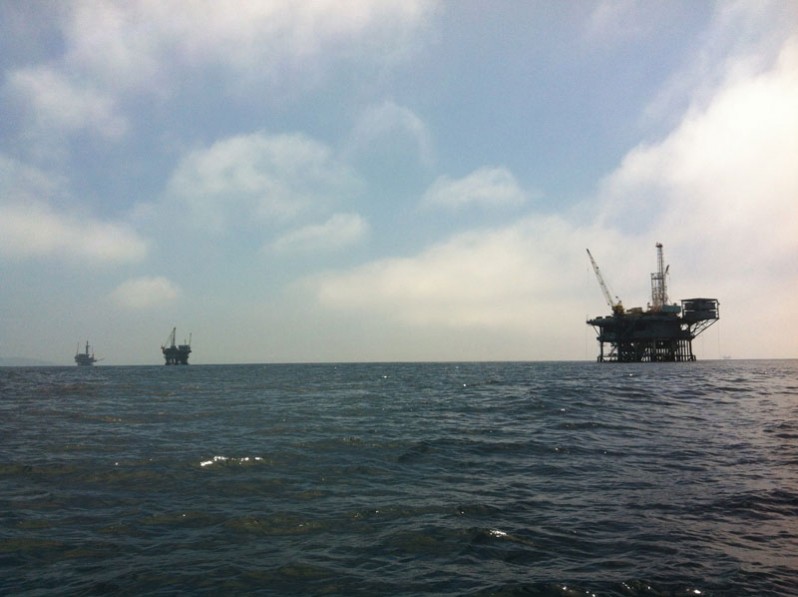
Offshore energy-producing platforms in U.S. waters of the Gulf of Mexico are emitting twice as much methane, a greenhouse gas, than previously thought, according to a new study.
A rapidly changing Arctic

A new study found that freshwater runoff from rivers and continental shelf sediments are bringing significant quantities of carbon and trace elements into parts of the Arctic Ocean via the Transpolar Drift — a major surface current that moves water from Siberia across the North Pole to the North Atlantic Ocean.
Greenland, Antarctica Melting Six Times Faster Than in the 1990s
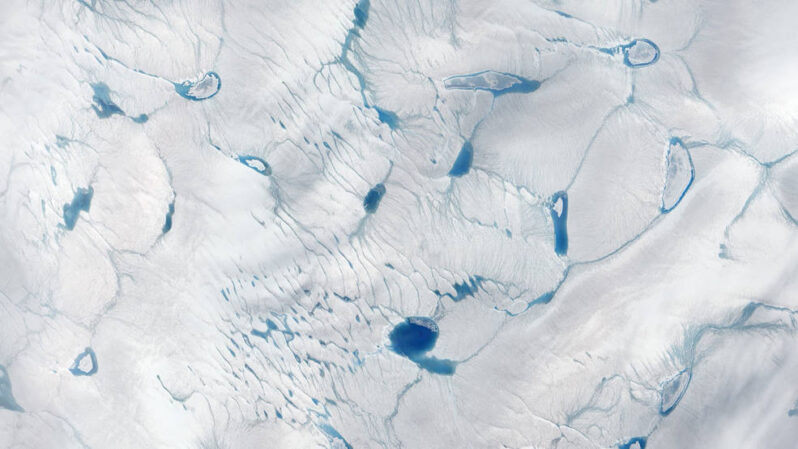
If the current melting trend continues, the regions will be on track to match the “worst-case” scenario of the Intergovernmental Panel on Climate Change (IPCC) of an extra 6.7 inches (17 centimeters) of sea level rise by 2100.
Indigenous knowledge could reveal ways to weather climate change on islands
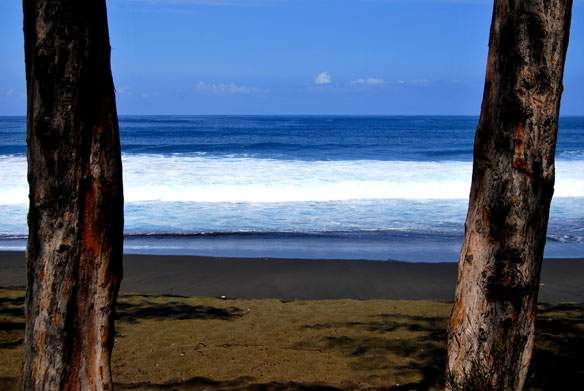
Some islands have such low elevation, that mere inches of sea-level rise will flood them, but higher, larger islands will also be affected by changes in climate and an understanding of ancient practices in times of climate change might help populations survive, according to researchers.
